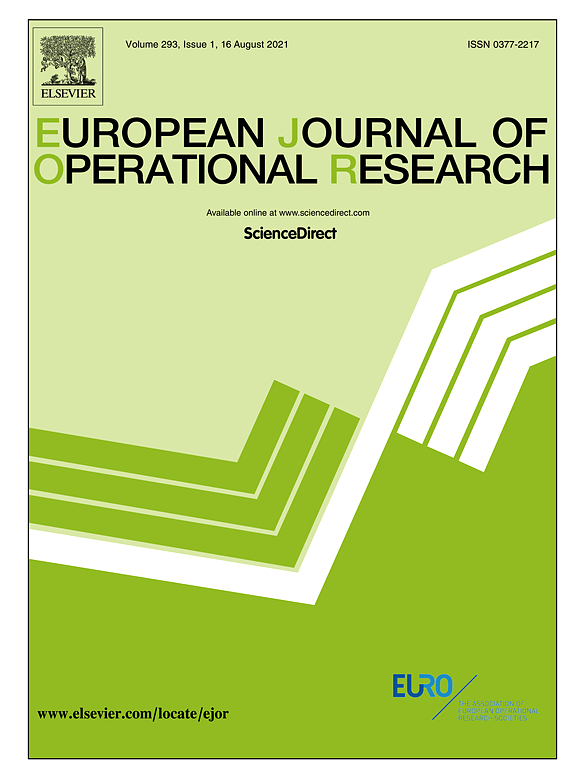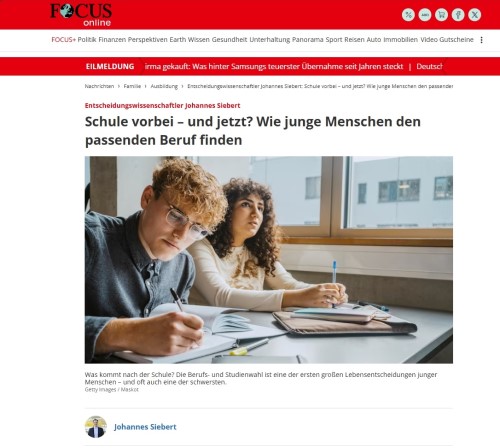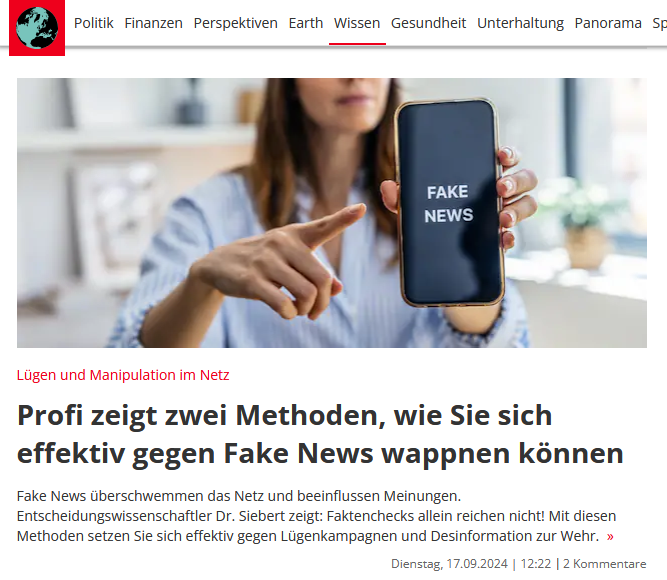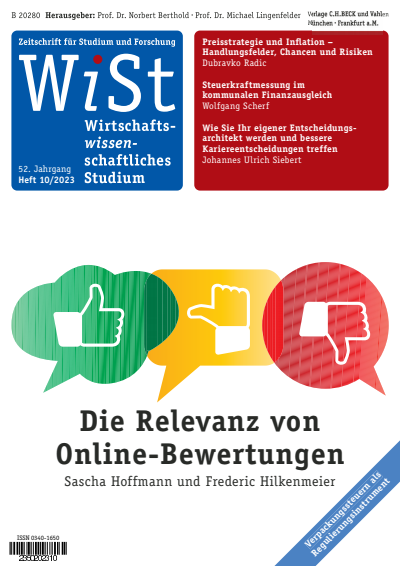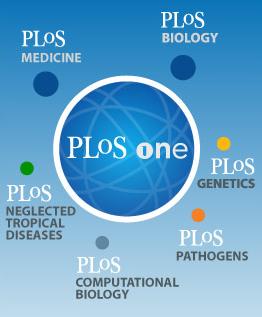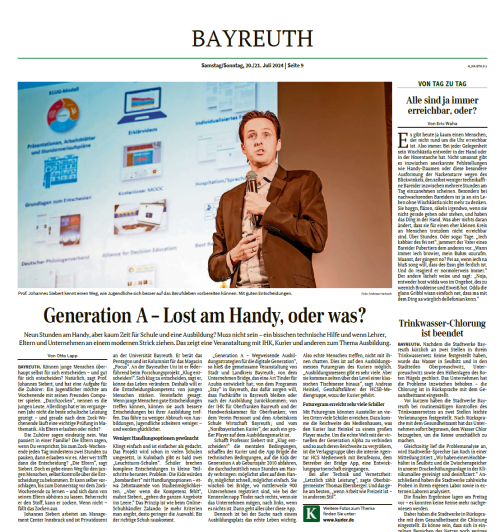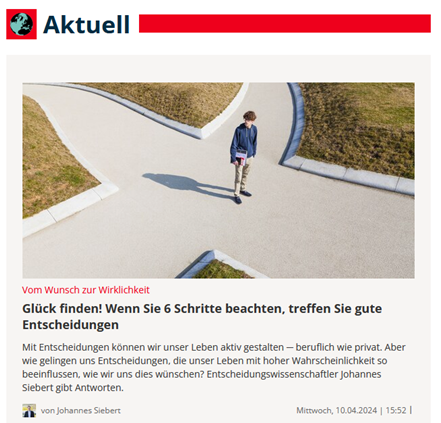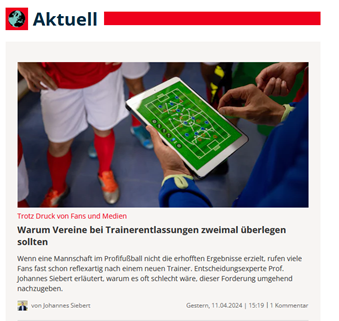We review the development of research in Decision Analysis (DA) over the past fifty years. After presenting the axiomatic foundations and discussing the DA process, we start with value-focused thinking as a problem structuring method. We then analyze the model building phase, with a focus on graphical models for decision-making under uncertainty: belief networks, decision trees, and influence diagrams. Next, we analyze how DA research has dealt with uncertainty focusing on the areas of elicitation, aggregation, and evaluation. We then discuss sensitivity analysis, describing local and global techniques, from one-way sensitivity analysis to the value of information. Finally, we review the literature on information acquisition and discuss the role of information value in this context
Borgonovo, Emanuele; José, Victor, R. R, Shachter, Ross; Siebert, Johannes U; Ulu, Canan. “Fifty Years of Decision Analysis in Operational Research: A Review” (Invited Review on occasion of the celebration of the 50th Anniversary of EURO (the European association of Operational Research Societies), European Journal of Operational Research) https://doi.org/10.1016/j.ejor.2025.05.023
